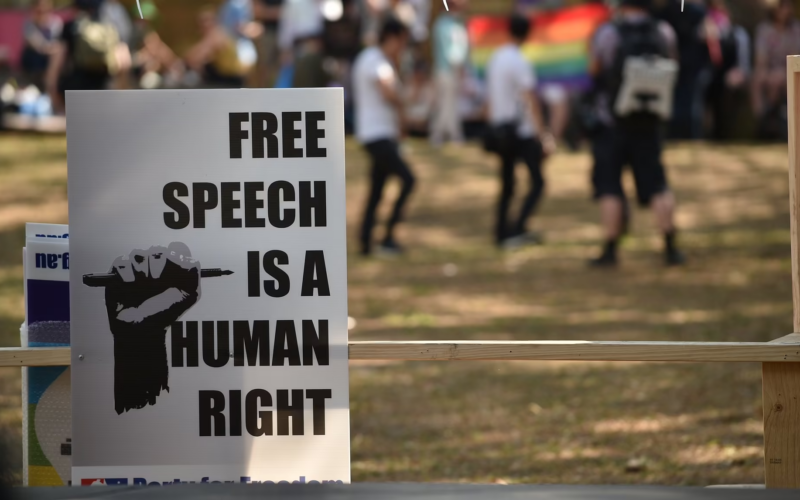The Labour government has halted the implementation of the Higher Education (Freedom of Speech) Act 2023, introduced by the previous Conservative administration, just days before it was set to come into force. This move signals a significant policy reversal, allowing ministers to potentially repeal the legislation.
Education Secretary Bridget Phillipson announced the suspension to reconsider options, including repealing the Act. “For too long, universities have been a political battlefield and treated with contempt, rather than as a public good,” she said, emphasizing the need to focus on the financial stability of the higher education sector. Phillipson argued that the Act could impose undue burdens on institutions and risk exposing students to harm and hate speech on campuses.
The controversial legislation mandated universities and student unions to take “reasonable steps” to promote free speech or face sanctions, including possible fines. Critics argued it was unnecessary, citing a survey by the Office for Students (OfS) showing that nearly 90% of students in England felt free to express their opinions.
The government also announced changes to the OfS, prioritizing financial sustainability amid a mounting crisis in the sector. Sir David Behan, formerly of the Care Quality Commission, has been appointed interim chair of the OfS following the departure of James Wharton. The OfS has warned that many universities face significant financial risks, with around 40% expected to run budget deficits this year.
Universities UK and the Russell Group welcomed the government’s decision. Nick Hillman, director of the Higher Education Policy Institute, praised the clarity it brings, noting the confusion among universities and students’ unions regarding the Act’s implementation.
However, the decision has drawn criticism from some quarters. Damian Hinds, shadow education secretary, accused the Labour government of pursuing “ideological dogma” and undermining free speech in higher education. In contrast, the National Union of Students and the Board of Deputies of British Jews supported the halt, expressing concerns about the Act’s potential impact on marginalized communities and the risk of enabling extremists.
As the government reviews its next steps, the debate over balancing free speech and preventing hate speech in universities continues to be a contentious issue.








